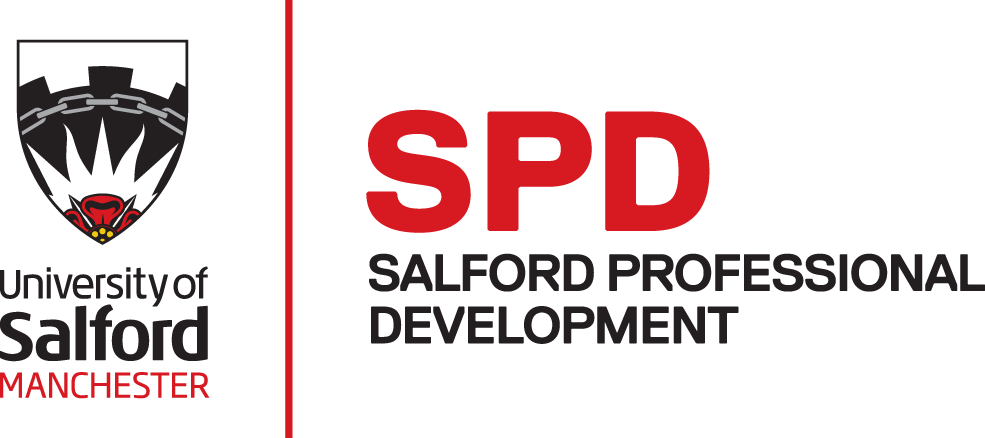Power BI Course - Intermediate
COURSE OVERVIEW
Get ready to supercharge your data analysis game with Power BI! This business intelligence and data visualisation software is taking the business world by storm across a variety of different sectors.
This Power BI training course is an intermediate that will take you through advanced data modeling techniques and visualisations, enabling you to perform even more powerful analyses.
During this data visualisation software training, you will go through activities and hands-on exercises to gain practical knowledge that will make you an advanced Power BI user.
Don't get left behind! Power BI skills are now highly sought-after in all sectors. It's time to boost your data analysis game and stay ahead of the curve. Enroll now and expand your knowledge of cutting-edge data analysis techniques! Plus, our programme is designed for minimal time out of the office!
At a glance
Introduction to data modelling with Power BI
The data model underpins our visualisations and our calculations and is of fundamental importance.
- Reshape and tidy data in the Query Editor into the shape of dimensional and fact tables.
- Understand the dimensional model – tables and relationships.
- Date (calendar) tables and how to build and use them.
- Build a data model pattern based on a star schema pattern.
- Improve the data model; hide fields, add hierarchies, formats and display folders, explicit measures.
- Basic DAX calculations (DAX is the calculation language of Power BI).
Common data modelling challenges
- Advanced data modelling techniques.
- Dealing with many dates on our tables.
- Role-playing dimensions.
- Snowflake schemas.
- Several fact tables with different granularity.
- Powerful calculations in DAX.
- Introduction to DAX.
- Measures, calculated columns and calculated tables.
- Time intelligence e.g. year to date.
- Ratio calculations e.g. percentage of parents.
Advanced features of Power BI. The final set of topics will be chosen by the class but may include:
- Advanced data modelling and DAX calculations challenges.
- Virtual relationships.
- Periods between events.
- AI-assisted visualisations and techniques.
- The key influencers visuals.
- Q&A (natural language questions).
- Explain the increase.
- Managing large datasets.
- Incremental modelling.
- Designing for good performance.
- Enterprise features of Power BI.
- Q&A (natural languages questions).
- Understanding and differentiating between different chart types and the data they can be used to represent.
- Filtering and highlighting specific bits of information to enhance the message.
- Importing data into Power BI from various file formats and databases.
- Exploring different visualisation techniques.
- Exploring and understanding data modelling techniques.
This data analytics course appeals to a wide array of professionals that want to understand the role of big data in achieving their business objectives, from operations, marketing, IT, to finance or logistics. If your role includes decision making then big data should be on your agenda.
Mark Wilcock
The Power BI training programme will be delivered by our Microsoft-awarded trainer Mark Wilcock, an expert in the field who will remain at your disposal to answer questions specific to your role or challenges.
Mark organises the London Business Analytics Group (LBAG), a popular data & analytics community group. LBAG has over 10,000 members and has run about 60 events over the last six years with a typical audience of about 100 people at each event.
Microsoft has recognised Mark as a Most Valuable Professional (MVP) for the last five years. He has an MA from Cambridge and an MBA from Imperial College, London.

